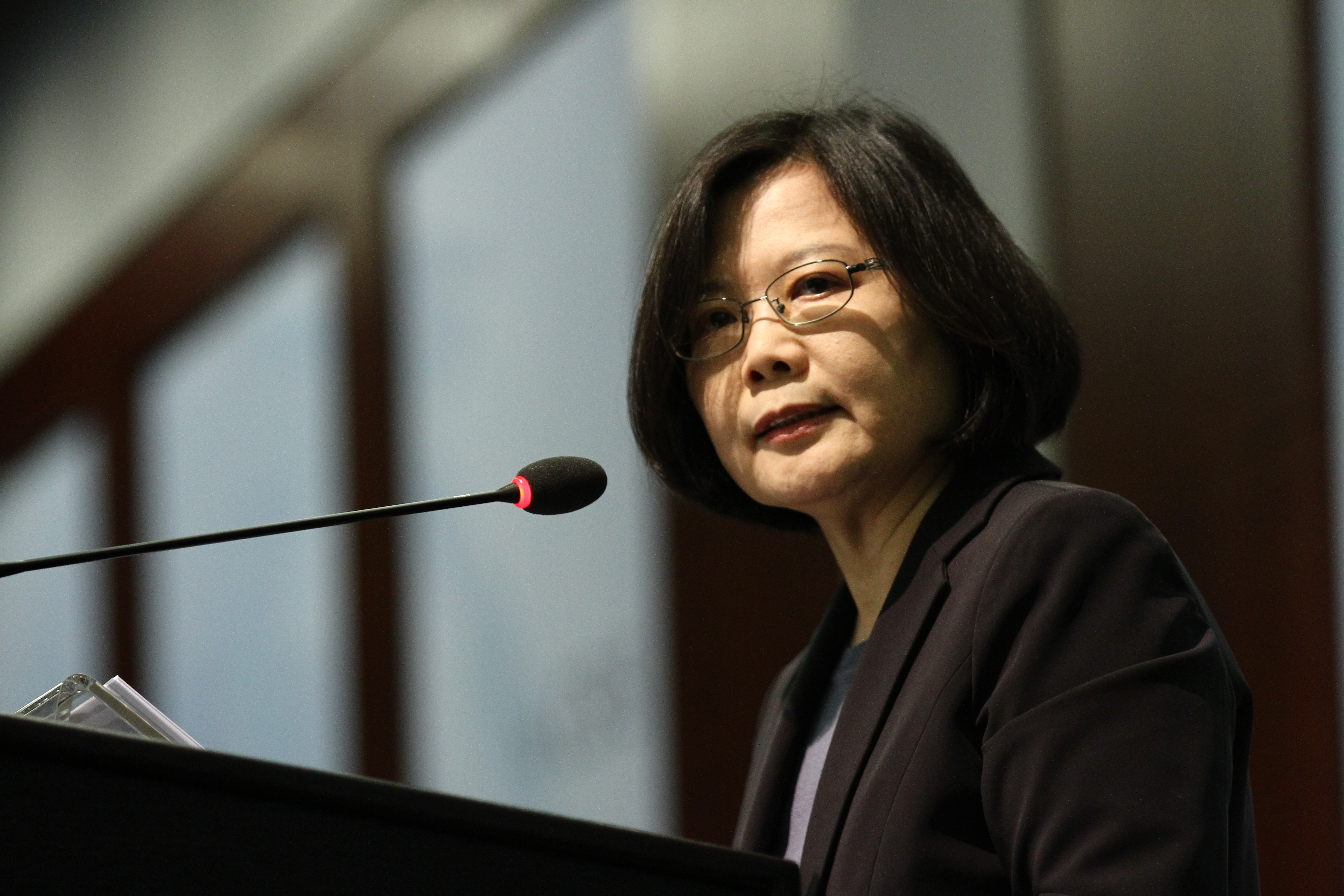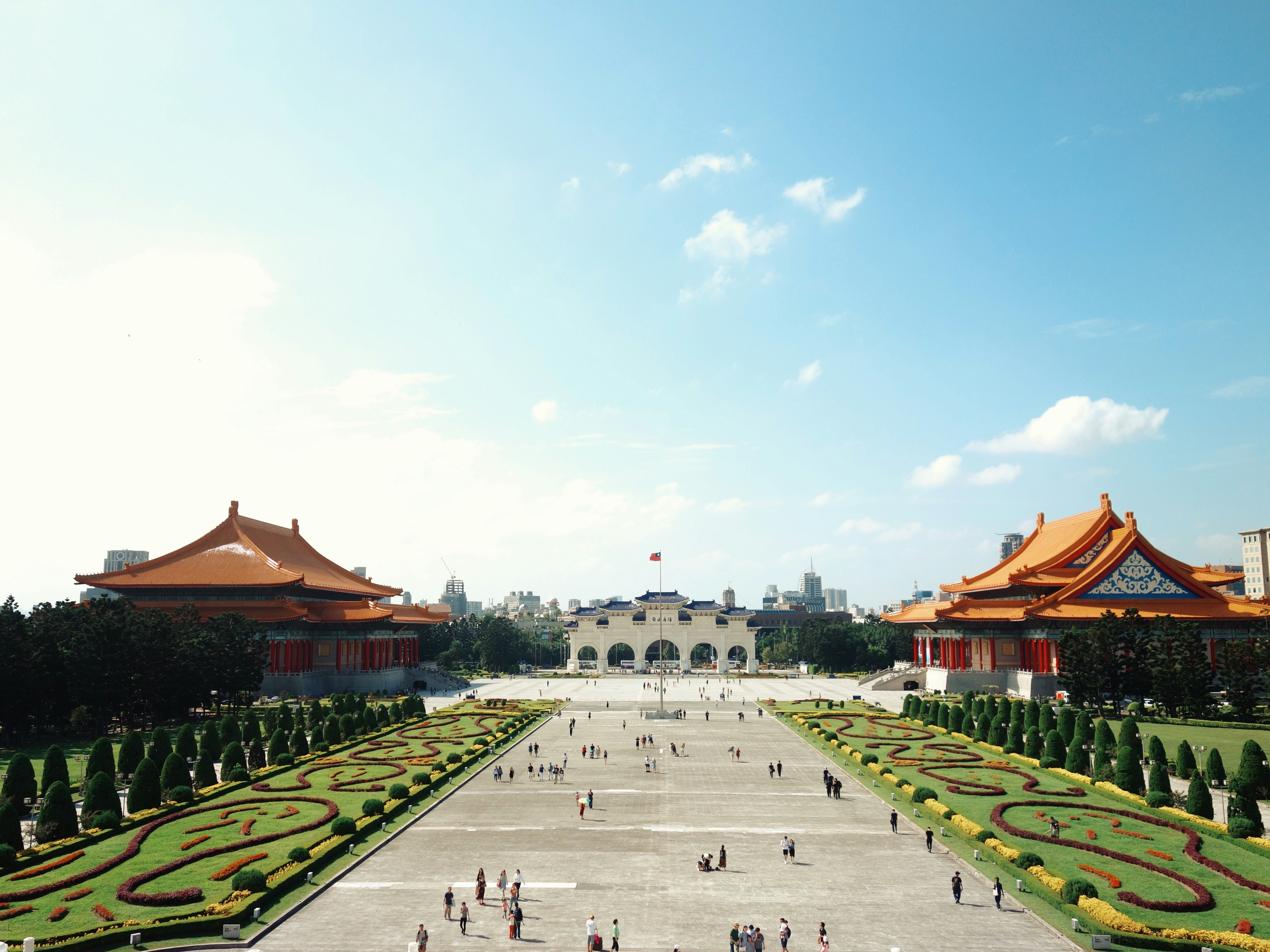On Saturday 12 January, Taiwan’s Democratic Progressive Party (DPP) under William Lai Ching-te (賴清德) was elected to an historic third term of executive power. While Lai received 40.05% of the vote out of the three candidates, the DPP lost its majority in the Legislative Yuan. With its newly-won eight seat caucus, the Taiwan People’s Party (TPP) will now likely wield a decisive role on policy between the almost evenly matched DPP and rival Kuomintang in the legislature.
In his victory speech, Lai drew three meanings from the election results. First, that Taiwan had shown the international community it stands on the side of democracy against authoritarianism. Second, the Taiwanese people have successfully resisted efforts by “external forces” to influence the election. Third, that Taiwan will continue to walk the “right path.”
Though the tone was initially optimistic, the president-elect also acknowledged the difficulties faced by the DPP and the need for the party to reflect “humbly” on the mixed results. Overall, Lai stressed consensus-building as an antidote to existing national divisions in the face of an increasingly threatening international environment.
Major news outlets have been quick to place the results against the backdrop of the looming US elections in November 2024, with some outlets arguing the result will in fact have greater bearing on the trajectory of cross-Strait relations in the years ahead. Many of these analyses have accordingly framed the Taiwanese election results as the first victory in a series of battles between democracy and authoritarianism to take place over the course of this “super election year.”
Though Taiwan was indeed inundated with disinformation from China in the run-up to the presidential race—from the so called “South China Sea meeting” in which US officials allegedly asked Taiwan to develop bio weapons to the imported egg controversy—the spread of these false narratives cannot simply be the result of an external, authoritarian aggressor, as many have posited. This is because disinformation is both an external and internal problem, the responsibility of which lies with the aggressor as well as the governments targeted by the disinformation.
The sensationalist story of an global show-down between democracy versus authoritarianism in 2024 obscures wider lessons about disinformation that are hard to swallow. When wielded as a tool of statecraft, disinformation seeks to exploit existing societal rifts by evoking widespread outrage and mistrust among a populace against its government. However, combatting disinformation must not only involve identifying its origins and debunking its falsehoods, but also addressing the factors that render citizens more susceptible to believing and spreading the disinformation in the first place.
Returning to the case of Taiwan, one of the reasons why the DPP lost its majority in the legislature was because of its perceived inability to address grave socio-economic issues, including the rising cost-of-living, stagnating wages, and declining public health services. As expert Courtney Donovan Smith has observed, dissatisfaction with the DPP government’s domestic policies may have contributed to the shift of traditionally “green” voting blocs to the TPP. In a similar vein, this longstanding frustration among the electorate arguably fuelled DPP’s losses in the 2022 local elections, where matters like the quality of local public services were front and centre.
These trends are not unique to the Taiwanese case. They are unfolding across the US, UK, and other economies. While inequality is often relegated to the sphere of domestic policy, when viewed through the lens of disinformation it quickly becomes an issue of national security. As Taiwan is at the forefront of disinformation and psychological warfare from the Chinese Communist Party (CCP), these intimate links between the domestic and international spheres are thrown into sharper focus. But these lessons should not be lost on other countries facing disinformation and interference activities, regardless of whether their political system.
Taiwan highlights both the threats as well as potential solutions to disinformation. Taiwan’s dynamic civic-tech community works diligently to generate digital tools to address societal issues that often relate more broadly to national security. This is evident in the g0v (pronounced “gov-zero”) practice of hackathons where participants pitch projects aimed at providing a public service. Such projects can range from creating a server which simulates Google services for Matsu residents to access in the event the outlying island’s sea cables are cut to using open data to locate illegal factories which pollute the environment. Hackathon projects are organised around the principles of openness, full transparency, participation, and accessibility.
Furthermore, these “open culture” approaches within the civic tech community have been introduced to certain branches of the Taiwanese government through the Ministry of Digital Affairs. Some open culture initiatives have strengthened the state’s efficiency to identify and resolve societal issues through policy-making as well as minimised vulnerabilities in the country’s digital infrastructure. In this light, Taiwan can be seen as an illustrative case of coordinated state-society resilience to disinformation and interference.
While the results of these pioneering approaches are encouraging, Taiwan still faces considerable obstacles in terms of its resistance to disinformation and interference following the 2024 presidential elections. In addition to a catalogue of domestic challenges, the recent loss of Nauru as a formal diplomatic ally illustrates the enduring international pressures that will continue to bear down on Taiwan in the years to come. This trend has been enshrined by the CCP in an unprecedented constitutional amendment to oppose perceived “Taiwanese independence” last October.
To strengthen Taiwanese resistance and resilience to mounting external pressures, it seems Lai and the DPP must heal not only internal political fractures but also broader social divisions. The government will need to continue demonstrating the effectiveness of Taiwanese democracy as a system of political organisation in addressing people’s needs. The same logic could be applied to other countries seeking to guard against disinformation and electoral interference.
This article gives the views of the author, and not the position of the China Foresight Forum, LSE IDEAS, nor The London School of Economics and Political Science.
“Chiang Kai-Shek Memorial Hall, Taiwan” by Rovin Ferrer is licensed under the Unsplash Licence.





